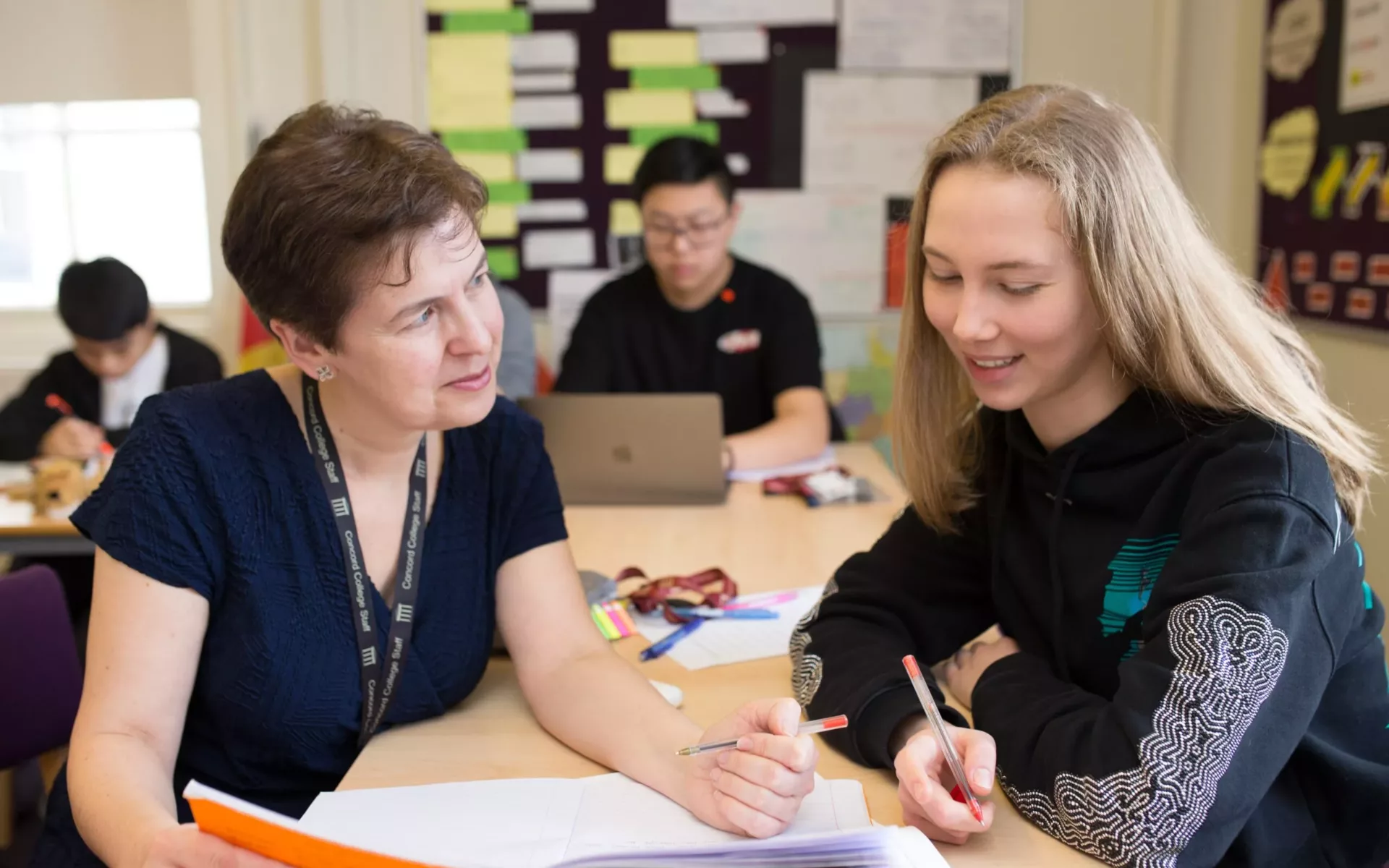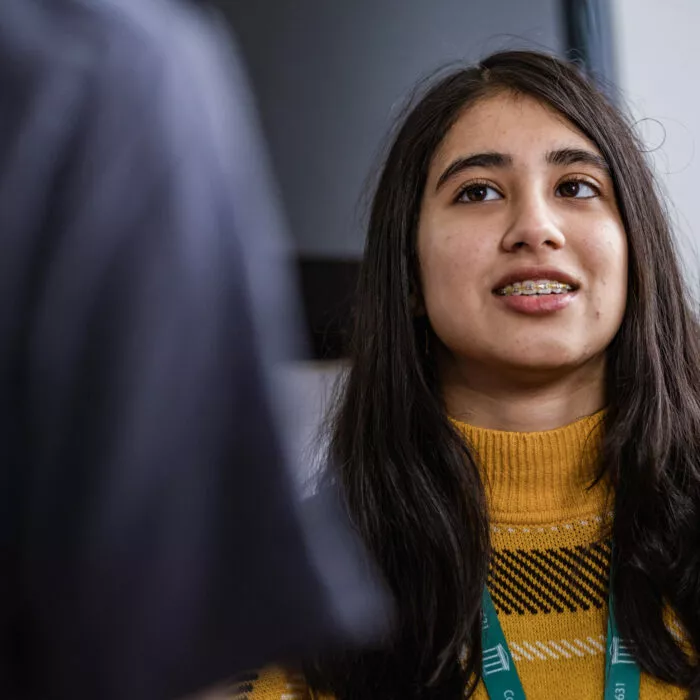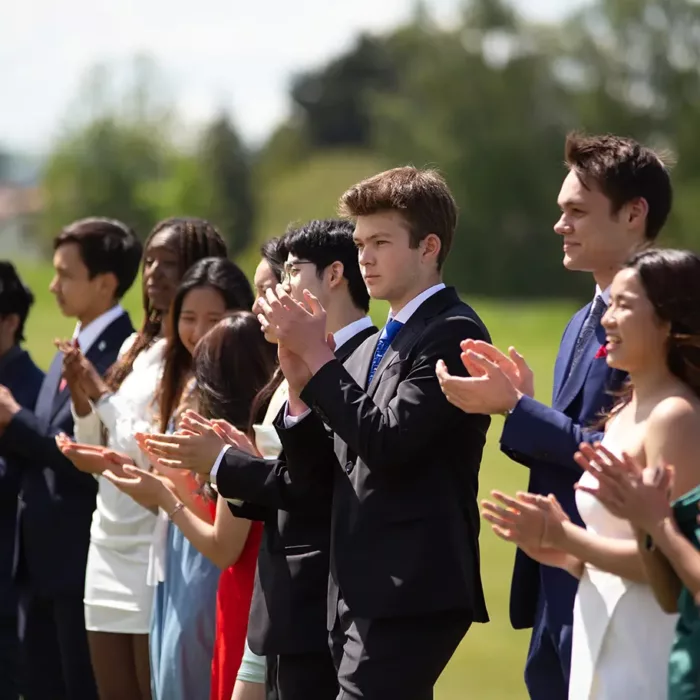Higher Education Applications
Concord’s students go on to study at some of the world’s leading universities. University applications for most students (unless they are taking a gap year or undertaking national service) are completed and submitted in the autumn term of their 6.2 year.

Concord’s students go on to study at some of the world’s leading universities. University applications for most students (unless they are taking a gap year or undertaking national service) are completed and submitted in the autumn term of their 6.2 year.
In the UK, most universities are part of the UCAS system and must be applied for via a single UCAS application on which students can name up to 5 university courses. There are other restrictions, for example it is not possible to apply to both Oxford and Cambridge in the same year.
Preparation for university application begins in ernest in 6.1 although students in Concord’s Form 5 will begin to discuss their possible interests and might be taken to visit a university.
6.1 students are supported by their tutors to develop their personal statements for university applications. We use the UniFrog platform as an aid to help them gather the information they will need and to find information.
Students are also encouraged to attend talks from recent alumni and join trips to visit universities so that they are well informed in making decisions about where they wish to study.
Tutors, Heads of House and our Vice Principal (academic) work with students to help them understand their own academic performance so that they can make informed choices on courses and universities to apply to.
As they progress and identify courses of interest, students then work with one of the college’s University Coordinators. University coordinators are members of staff with expertise in particular degree courses or universities.
For some highly competitive courses, certain universities require students to take additional admissions tests. Where a student is contemplating applying for one of these courses, they have support in preparing for the tests from the summer of their 6.1 year. We are able to help students to prepare for tests such as BMAT and UCAT (both medicine), LNAT for law, and a range of admissions tests for Oxford and Cambridge.
Coordinators for Architecture and Fine art also support students in understanding how to develop a strong portfolio.
Once applications are submitted, students who are invited to interview by their chosen university are helped to practice for the interview.
Offers through the UCSA system come in throughout the year and we work with students to monitor their offers and support them throughout the process.
Students who receive several offers through UCAS will need to choose their preferred course and an “insurance” or back-up option. Once again, support and guidance is available to help students choose a suitable combination of offers.
The vast majority of students meet the requirements of their offers on results day. If however a student misses their offer, or upon reaching results day wishes to change to an alternative course, College staff are on hand to offer guidance and support.
Students who have national service to complete before university are encourage to keep in touch with the college and ae supported in their applications once they are ready to apply.











